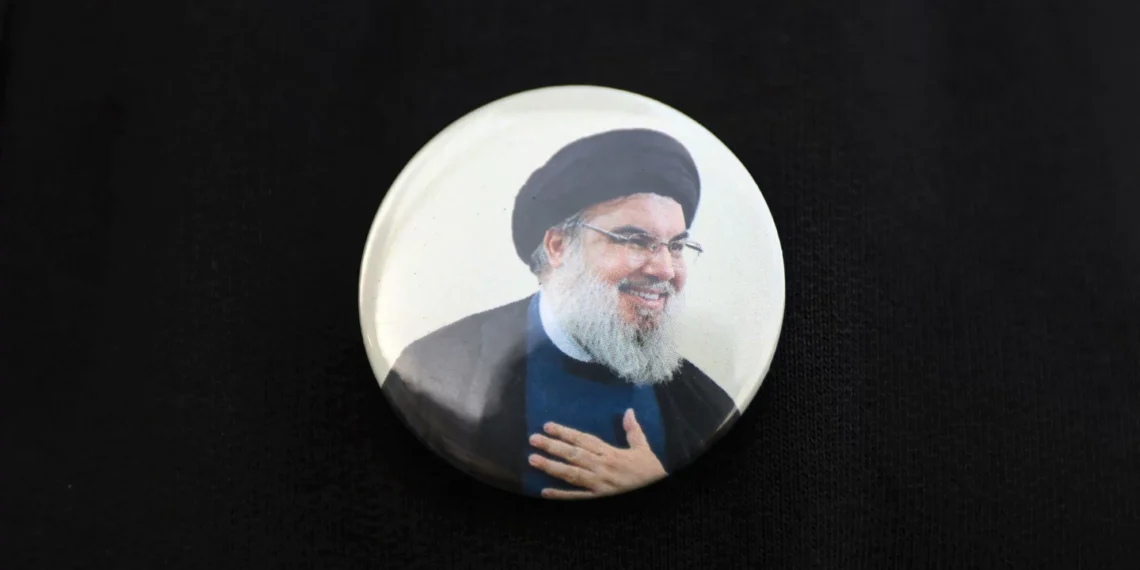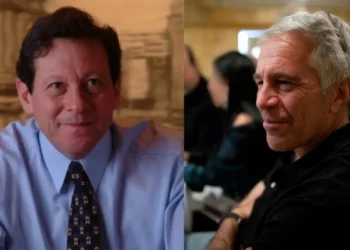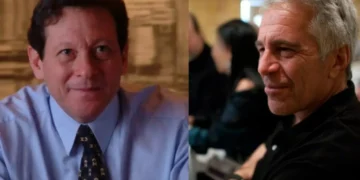Lebanon’s Iran-backed group Hezbollah has been left in disarray after intensified Israeli strikes over the past week killed seven of its top commanders, including the leader, Hassan Nasrallah. This has dealt a major blow to the militant group, which has long been a dominant force in Lebanese politics and a key ally of Iran in the region.
The recent strikes, which were carried out by the Israeli Defense Forces (IDF) in response to Hezbollah’s continued aggression, have not only targeted the group’s leadership but also its infrastructure and weapons depots. This has significantly weakened Hezbollah’s capabilities and has left the group struggling to regroup and reorganize.
Hezbollah, which was formed in the 1980s as a resistance movement against Israeli occupation, has evolved into a powerful political and military force in Lebanon. It has played a major role in the country’s politics, with its members holding key positions in the government and parliament. However, its close ties with Iran and involvement in regional conflicts, particularly in Syria, have made it a target for Israel.
The recent strikes have not only caused significant damage to Hezbollah’s military capabilities but have also exposed the group’s vulnerability. Despite its claims of being a formidable force, Hezbollah has been unable to protect its top commanders and has been forced to admit its losses. This has raised questions about the group’s ability to defend itself and its members, and has left its supporters and allies in a state of shock.
The death of Hassan Nasrallah, who has been the leader of Hezbollah since 1992, is a major blow to the group. He was not only a charismatic leader but also a strategic mastermind who played a crucial role in shaping Hezbollah’s ideology and tactics. His death has left a leadership vacuum within the group, and it remains to be seen who will step up to fill his shoes.
Moreover, the loss of six other top commanders has also dealt a severe blow to Hezbollah’s leadership and operational capabilities. These commanders were not only experienced fighters but also key figures in the group’s decision-making process. Their absence will be deeply felt by Hezbollah, and it will take time for the group to recover from these losses.
The recent strikes have also exposed the extent of Hezbollah’s involvement in regional conflicts, particularly in Syria. The group has been a key ally of the Syrian regime and has sent thousands of fighters to support President Bashar al-Assad’s forces. However, this has come at a cost, as many of its top commanders were killed in the Syrian war. With the recent strikes, it has become clear that Hezbollah’s involvement in Syria has weakened its position and made it vulnerable to Israeli attacks.
The Israeli strikes have also sent a strong message to Hezbollah and its allies, particularly Iran. Israel has made it clear that it will not tolerate any threats to its security and will take decisive action to protect its citizens. This has put Iran, which has been providing financial and military support to Hezbollah, in a difficult position. The strikes have not only exposed the vulnerability of its proxy but have also highlighted the consequences of its aggressive policies in the region.
In the aftermath of the strikes, Hezbollah has been left with no choice but to reassess its strategies and tactics. The group will have to focus on rebuilding its capabilities and strengthening its defenses to prevent further attacks. It will also have to find a new leader who can fill the void left by Hassan Nasrallah and lead the group in these challenging times.
The recent strikes have also had a significant impact on the political landscape in Lebanon. Hezbollah’s dominance in the country’s politics has been challenged, and its opponents have become more vocal in their criticism of the group. This could lead to a shift in power dynamics in Lebanon and could potentially weaken Hezbollah’s grip on the country.
In conclusion, the recent Israeli strikes have left Hezbollah in a state of disarray and have dealt a major blow to the group’s leadership and capabilities. It has exposed the vulnerability of the group and has raised questions about its ability to defend itself and its allies. However, Hezbollah is a resilient and determined group, and it is likely to bounce back from these losses. The coming days will be crucial for the group as it navigates through these challenging times and tries to maintain its position as a dominant force in Lebanese politics.







